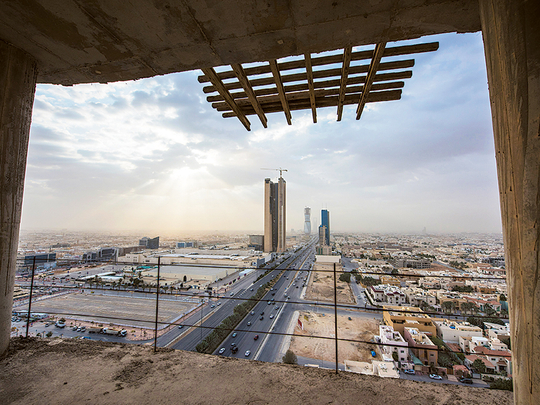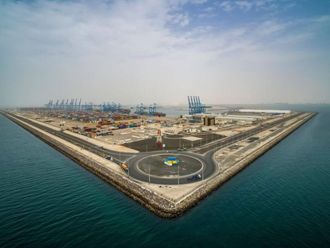
Dubai: New business activity dropped in Saudi Arabia for the first time since October 2020, as Omicron cases led companies and their customers to take a more cautious approach. But there was one major positive, as inflationary costs “moderated” to a five-month low, according to the latest IHS Markit findings that measure private sector activity and sentiments.
The impact was felt on new orders coming in and jobs being created. “Export sales decreased for the first time since last March, as companies also blamed high costs for global shipping and transport,” said David Owen, Economist at IHS Markit. “Employment markets remained subdued, with the latest data pointing to the weakest hiring momentum for ten months.
“Despite staff shortages linked to rising COVID-19 cases, companies were able to reduce their backlogs at the quickest rate since last July."
The Saudi PMI (Purchasing Managers Index), which tracks activity in the private sector, was at 53.2 in January and lower than December’s 53.9 – and also the lowest in 15 months.
avoid overstocking, meaning that overall delivery times were unchanged after four successive months of improvement," according to IHS Markit.
Oil price is a plus
The broader Saudi economy, however, has one big positive that should remain a constant for the near-term – higher oil prices. That should feed into creating sufficient demand for businesses, while there is also the heavy spending the government has unleashed across sectors.
This is why the “year-ahead outlook for the non-oil sector re-strengthened in January after sentiment dropped to an 18-month low at the end of 2021,” the report adds. “Hopes were often underpinned
by expectations that a recovery from the pandemic will lead to stronger new business growth and a stabilisation of global markets.”












